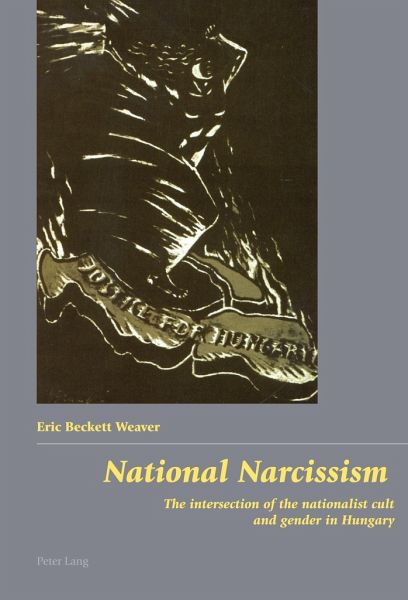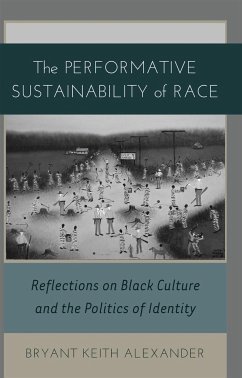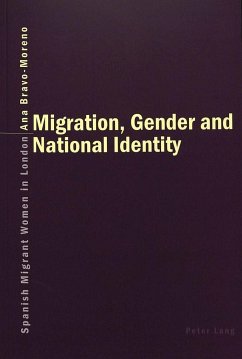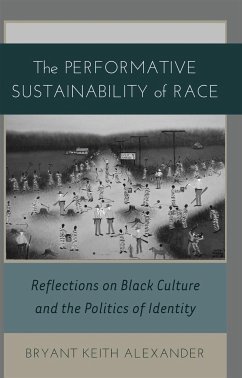
National Narcissism
The intersection of the nationalist cult and gender in Hungary
Versandkostenfrei!
Versandfertig in 6-10 Tagen
80,30 €
inkl. MwSt.

PAYBACK Punkte
0 °P sammeln!
National Narcissism offers a groundbreaking anthropological and sociological approach to nationalism through an exposé of the belief systems and psychology of extreme nationalists for whom nationalism is a form of religion. This theoretical approach is illustrated with examples primarily taken from Hungary, with a special focus in two chapters on the role of gender in nationalism. The state of politics and society in Hungary is also examined in a way that steps beyond the usual simplistic, flat narratives of 'what Hungarians are like', by stressing the broad variety of viewpoints current in H...
National Narcissism offers a groundbreaking anthropological and sociological approach to nationalism through an exposé of the belief systems and psychology of extreme nationalists for whom nationalism is a form of religion. This theoretical approach is illustrated with examples primarily taken from Hungary, with a special focus in two chapters on the role of gender in nationalism. The state of politics and society in Hungary is also examined in a way that steps beyond the usual simplistic, flat narratives of 'what Hungarians are like', by stressing the broad variety of viewpoints current in Hungarian society, the milieu in which a small minority of extreme nationalists are able to make their voice heard out of proportion to their numbers or political support.
The theory offered by National Narcissism has wide-ranging implications for the future study of extremist nationalism in nation-states throughout the world. Sociologists, anthropologists, nationalism studies specialists,social-psychologists, and historians of the recent past in Hungary will find that this theoretical book, richly illustrated with examples from Hungarian society, challenges positive and negative stereotypes about nationalism, extremism, post-communism, central and eastern Europe, the European Union and, not least, about Hungarians themselves.
The theory offered by National Narcissism has wide-ranging implications for the future study of extremist nationalism in nation-states throughout the world. Sociologists, anthropologists, nationalism studies specialists,social-psychologists, and historians of the recent past in Hungary will find that this theoretical book, richly illustrated with examples from Hungarian society, challenges positive and negative stereotypes about nationalism, extremism, post-communism, central and eastern Europe, the European Union and, not least, about Hungarians themselves.














